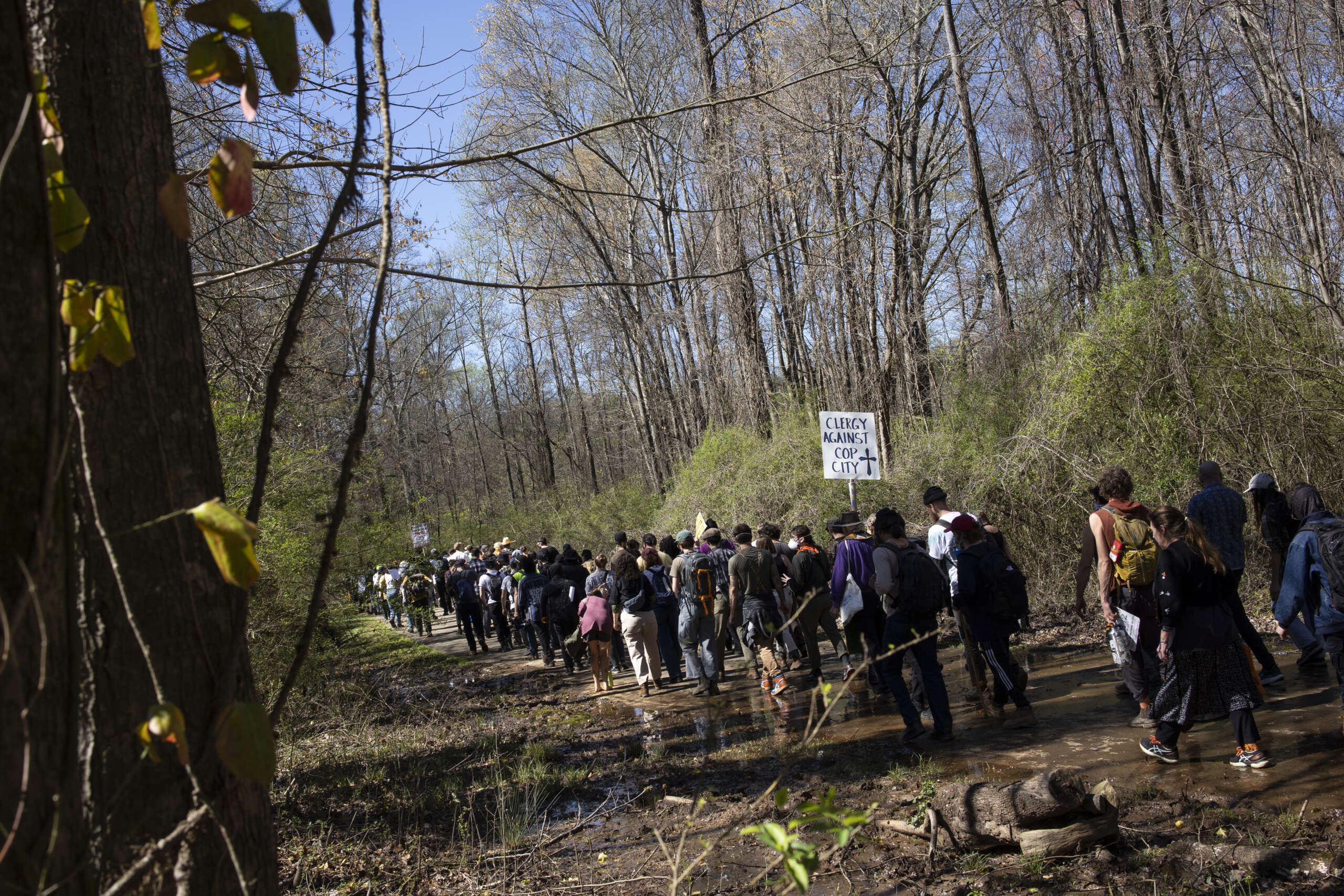By Marianne Cooper
Copyright time

Black women are the canary in the economic coal mine
During the Great Recession, Black workers were the hardest hit in the labor market, experiencing the highest unemployment rates throughout the downturn. As the crisis unfolded, massive job loss spread across the board. And while other populations started to recover, Black women continued to lose jobs even after the recession was said to have officially ended.
The COVID-19 recession saw a similar pattern. Black workers once again experienced record job loss. Despite historically low unemployment rates in March 2020, the unemployment rate for Black women surged between February and May, reaching 16.5%—one of the highest among all groups, second only to Latina women. Soon after, the entire country experienced unprecedentedly high unemployment rates.
Beyond government data, Black women continue to sound the alarm that the economy isn’t serving them nor their communities. At the start of the pandemic, Black women were the most likely to be worried about losing their jobs and paying their bills. They were right to worry. Over two years later, the unemployment rate for Black women remained elevated (5.3%) while unemployment for women overall had returned to February 2020 levels (3.1%).



